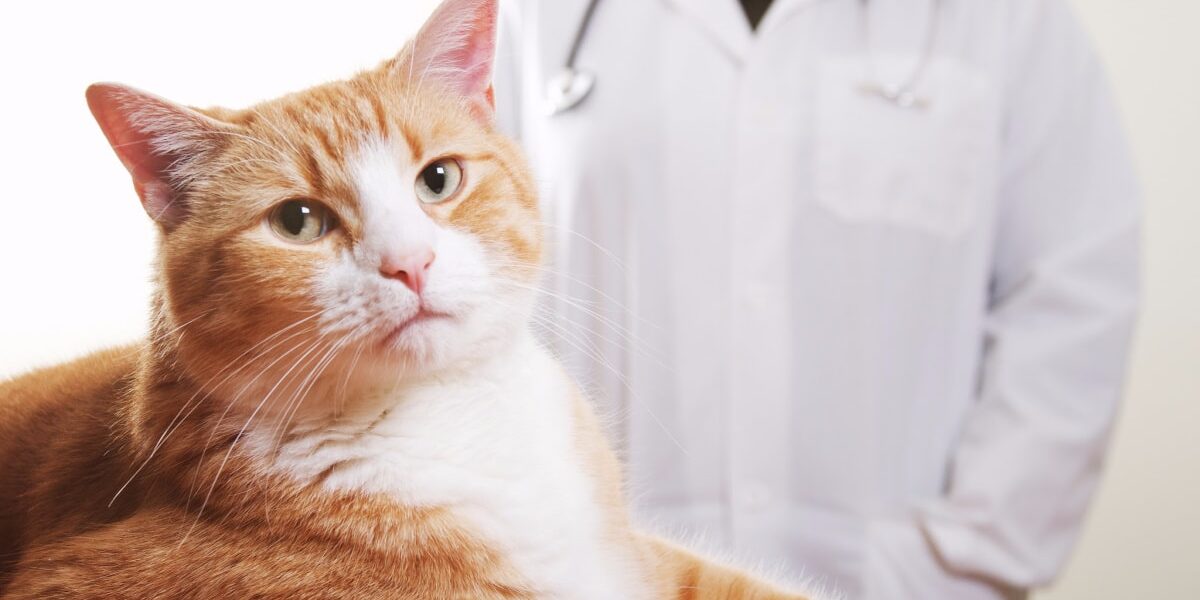Is your cat a little wary about coming to the vet? Perhaps car travel or just being put in a carrier is extremely stressful for your feline friend? Well, this and a host of other similar concerns is why cats often do not see their family veterinarian on a regular basis.
Our team would like to take this opportunity on National Take Your Cat to the VetDay to stress the importance of annual physical examinations for your beloved cat. Routine exams may be the best investment you can make in keeping your cat healthy as small changes in your cat over time can be big indicators of your pet’s overall health. Here are just some of the reasons why:


Cats are Known for Hiding Signs of Pain and Sickness– As part of their fundamental survival instinct, cats often will not show illness until it has become quite serious. Your cat could be developing a serious health condition long before you notice anything is wrong. With regular exams and annual bloodwork, your family veterinarian can potentially detect a problem early before it becomes more difficult to treat.
For example, there are many disease processes that require more significant therapies if left to the very end but can be managed more easily if caught early. Kidney disease for example can sometimes be managed for many years, in many cases delaying the progression to advanced kidney shutdown when appropriate preventative measures are administered. Hyperthyroidism can have a multitude of systemic effects that can take a long time to reverse. If screening and intervention occur earlier in the disease process, those systemic effects may never have come to be in the first place.
Routine Visits Can Provide Your Veterinary Team with a Great Deal of Information– For example, have you weighed your cat recently? Changes to your cat’s weight alone is one of the vital parameters that your veterinary team can use to assess how your cat is doing.
Your veterinarian will check your cat’s weight at each visit. Just an extra three pounds can put cats at risk for diabetes, heart, respiratory, and kidney disease, and more.
Is your cat vomiting? This too can be an indicator of more significant underlying concerns than chocking it up to your cat being a cat. Blood and urine screening are often recommended to monitor your pets as they age as they can provide information on a variety of potential disease processes.


Time for the Check-in– Once a year (at the very least), you have a great opportunity to discuss your cat’s overall health and get recommendations for the future. Even alerting your family veterinarian to slight changes in your cat’s behavior can help identify potential problems early. Has anything changed with your cat’s eating patterns? Activity level? Make a list of information, concerns, and questions to share with your veterinarian. You may not recognize some behavior changes as being significant because they are subtle or minor, but when your veterinarian takes a thorough patient history, these subtle changes may help to uncover hidden issues
As They Say, An Ounce of Prevention…– Preventative care is the key to a long, healthy life for your cat. Annual visits to your family veterinarian can help to monitor your cat, catch problems early, and identify a health plan that best suits your pets needs as they age.
If you would like to schedule an appointment for your cat with our team, please just give us a call at 206.324.4144. We look forwards to catching up with you and your beloved pet.








